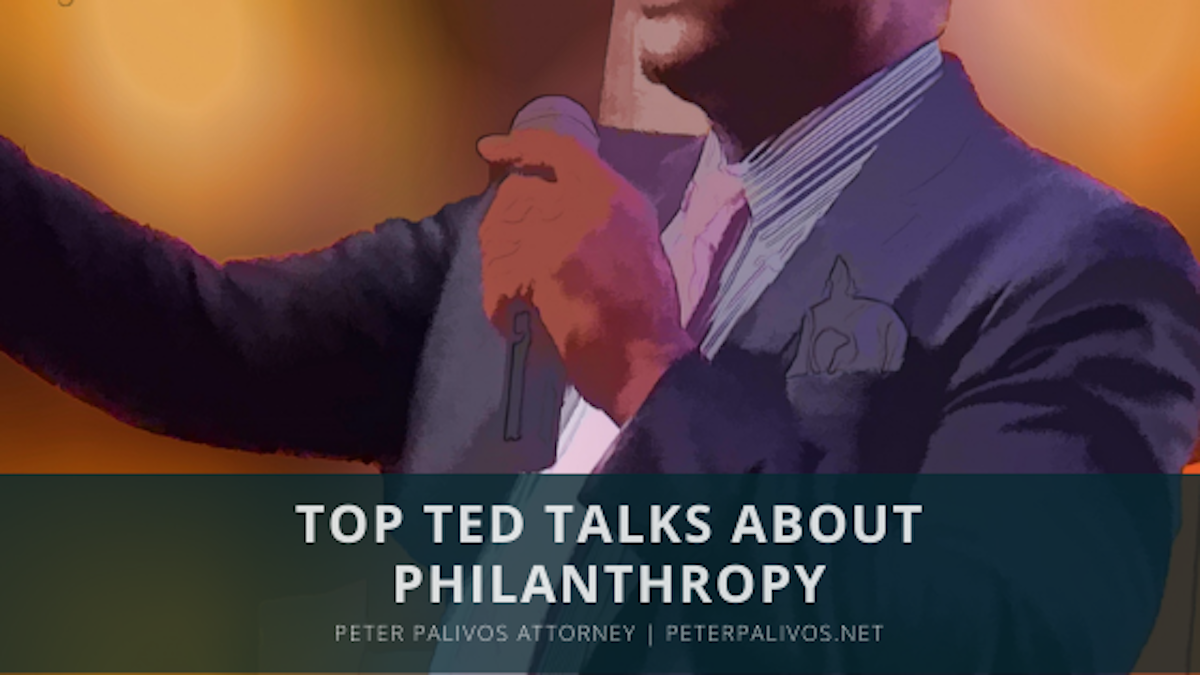It’s predicted that tens of trillions of dollars will change hands over the next twenty years. But, unlike in the past, this wealth transfer won’t happen through typical commerce. This marks an important opportunity for philanthropy. Baby boomers, people who were born between 1946 and 1964, are transferring this wealth through the wills they leave behind. Some may choose to donate to charities directly. And adult children set to receive this inheritance may also choose philanthropy.
Given this opportunity, many people are asking themselves new questions. How can they best spend this money? What type of philanthropy is most meaningful and useful? Many philanthropists and researchers have asked these same questions recently. And, their innovative and transformative findings are now available in TED Talk videos. Below you’ll find a summary of the top three TED Talks on Philanthropy in the last ten years, ranked by most views.
Dan Pallotta: The way we think about charity is dead wrong
In a heartfelt talk, entrepreneur Dan Pallotta outlines five disadvantages that the non-profit sector is facing. He also makes a case on how to evaluate the good that charities do. He explains how the focus on the percentage of funds spent on fundraising is a narrow criterion. Instead, he argues that charities that have the most significant impact should be most funded.
Bill and Melinda Gates: Why giving away our wealth has been the most satisfying thing we’ve done
Bill and Melinda reflect on their journey from naïve charitable entrepreneurs to dedicated philanthropists. Tackling the world’s most pressing problems, they explain their unique approach. They also share how they are raising their children to appreciate their philanthropy and find their own paths in life. Bill also delivers his pitch for all billionaires to make a pledge to support charities.
Michael Norton: How to buy happiness
Which would make you happier, buying a gift for yourself or a loved one? Michael Norton explains why spending on others increases our own happiness versus spending on ourselves. His examples substantiate this, being true regardless of the amount and the purpose of spending money on others.
This article was originally published at: https://peterpalivos.net/


